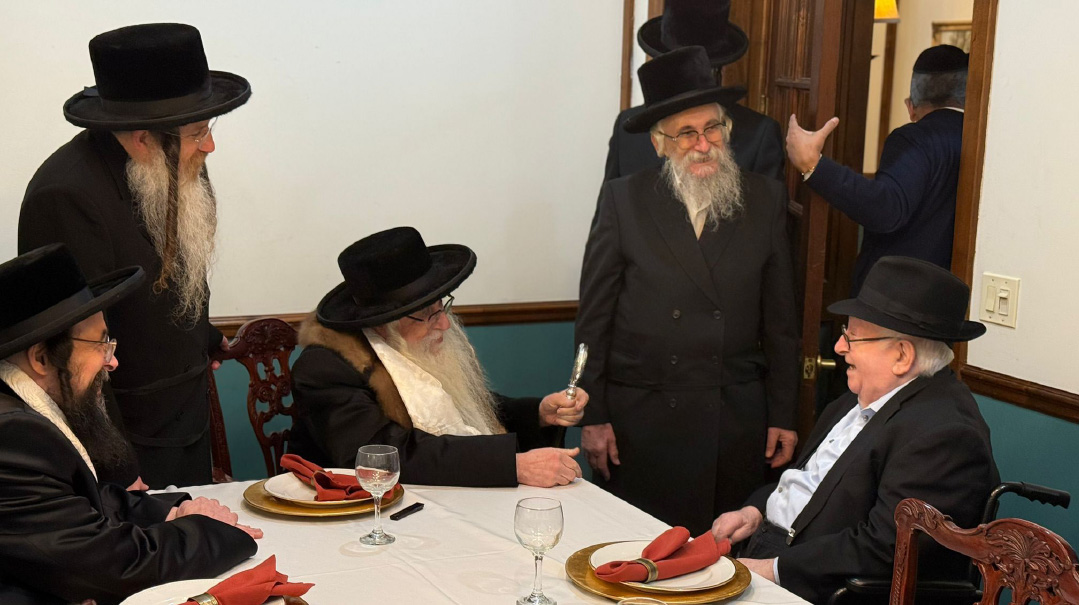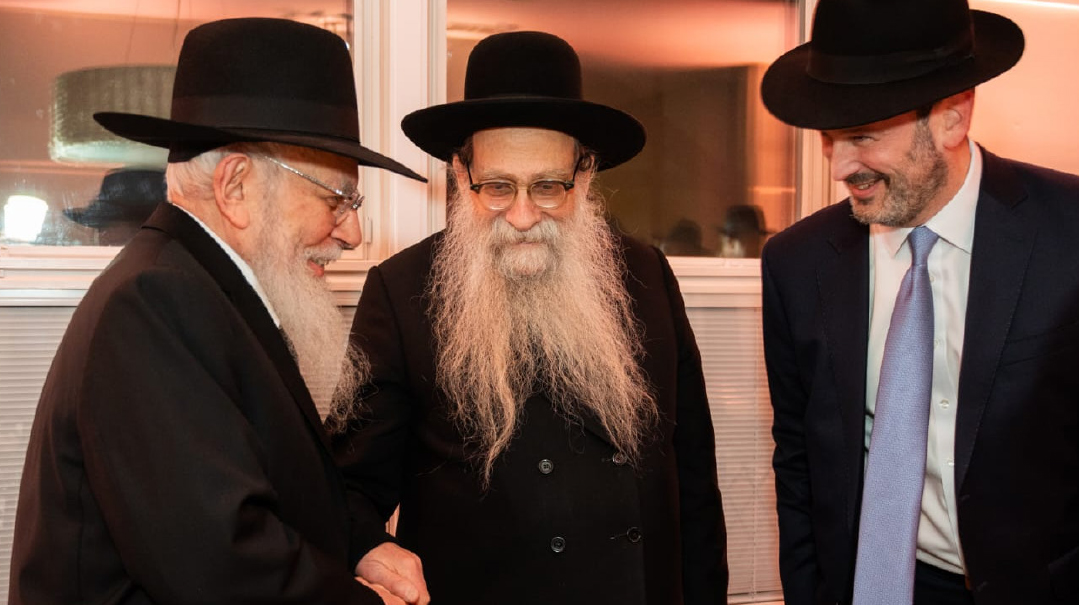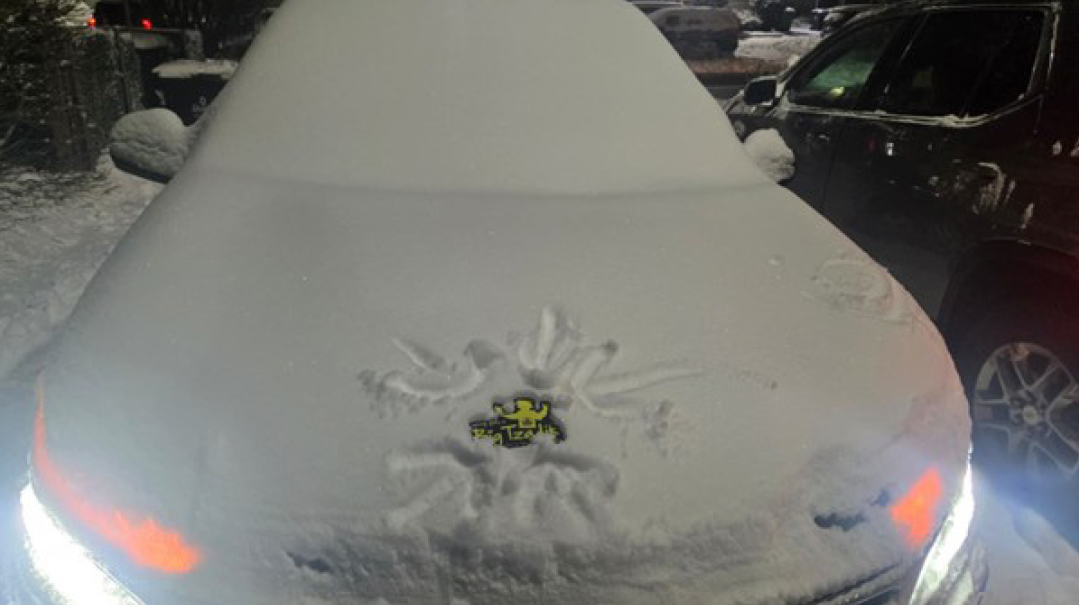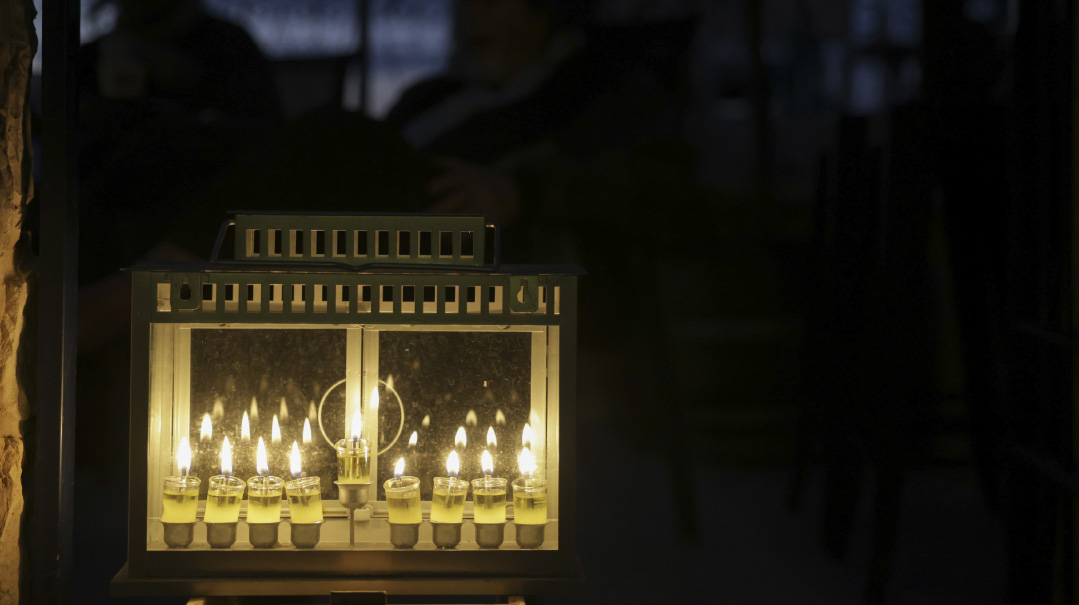Elul: Yeshivos Under Siege
| September 20, 2022There is nothing more important to our yeshivos than their autonomy
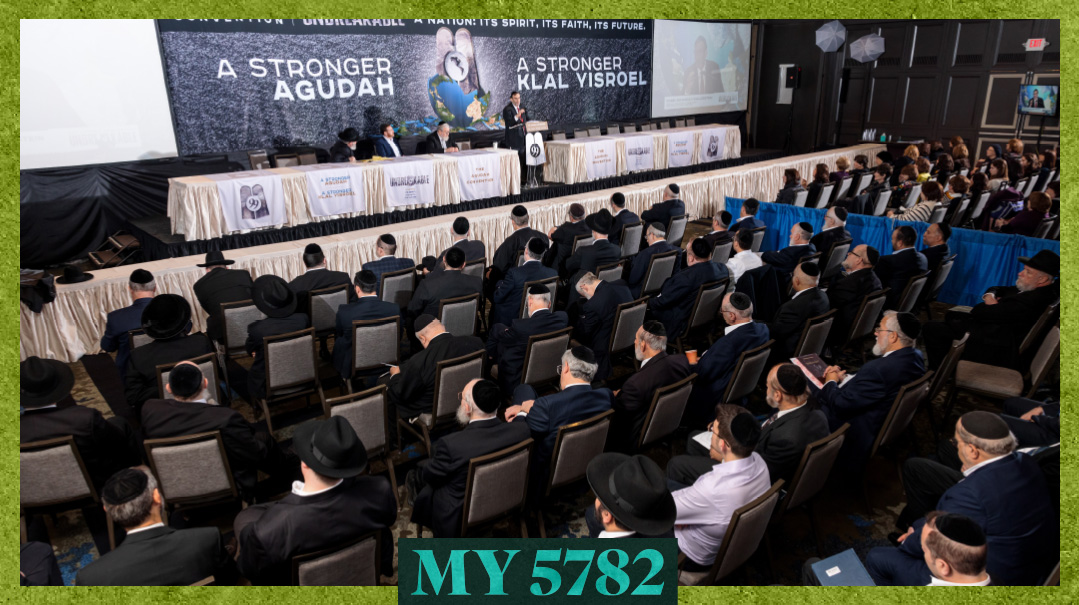
A
fter years of wrestling with the issue of “substantial equivalency” — the requirement under New York law that private schools (including yeshivos) must provide an education that is substantially equivalent to that provided in neighboring public schools — the New York State Board of Regents has finally adopted new equivalency regulations.
The original regulations proposed by the State Education Department (SED) in 2019 included a detailed checklist of courses that must be offered in private schools, including requirements for the number of hours necessary to devote to certain subjects, and would have clearly been a disaster for the entire yeshivah community. With great siyata d’Shmaya and a record-shattering grassroots outpouring of some 140,000 letters, petitions, and comments from opponents of the regulations, the State Education Department (SED) pulled those proposed regulations and went back to the drawing board.
In March of this year, the SED unveiled its new proposed equivalency regulations. But while these were a definite improvement over the 2019 version, making no mention of any time requirements for any courses, and establishing certain “alternative pathways” to equivalency, mechanisms through which a private school may be deemed equivalent even without direct oversight by a governmental body, they are still a far cry from acceptable. Many New York yeshivos will likely not qualify for the alternative pathways to equivalency. And that means those schools will be expected to open their doors to local public school bureaucrats who, armed with a checklist of 11 required subjects each school must offer, will determine the competency of the schools’ teachers and the sufficiency of their curriculum.
And while the bureaucrats are visiting the yeshivah, they may choose to inject their own social philosophies in determining whether the yeshivah reaches the equivalency bar. They may insist that certain sensitive subjects must be taught the way government wants them taught, from a totally secular perspective rather than from a Torah perspective. Science is niflaos haBorei, you say? Nonsense, that’s not science, that’s superstition. What, you still define marriage as a relationship between a man and woman? Don’t you teach your students respect for the Constitution?
Recognizing that the proposed new regulations still posed a grave danger to the yeshivah community, Klal Yisrael responded with an extraordinary outpouring of concern. SED officials estimate that some 350,000 comments were submitted in response, almost all of them from opponents. The record for public comment had been shattered once again.
Unfortunately, though, this avalanche of concern fell largely on deaf ears. The SED made only minor cosmetic changes to the proposed new regulations, none of them directly addressing the yeshivah community’s core concern that the regulations could threaten the fundamental autonomy of our mosdos. There is nothing more important to our yeshivos than their autonomy, their ability to carry out their holy mission without interference from secular government. And now that autonomy is under siege.
But there is a bright spot. True, the State Education Department and Board of Regents may have looked aside from the 350,000 comments submitted in opposition to the new regulations, but surely a Higher Authority must have taken notice. Surely all those letters and petitions from so many Jews from so many backgrounds, declaring our love for Hashem and His Torah and our commitment to carry the mesorah forward to our precious children, were gathered lovingly in the Pamalya Shel Ma’alah and stored in HaKadosh Baruch Hu’s treasure chest of His People’s special merits.
Looking to the new year, when we pray tacheil shana u’birchoseha, can we imagine a greater zechus than this?
Rabbi Zwiebel is the executive vice president of Agudath Israel of America.
(Originally featured in Mishpacha, Issue 929)
Oops! We could not locate your form.

